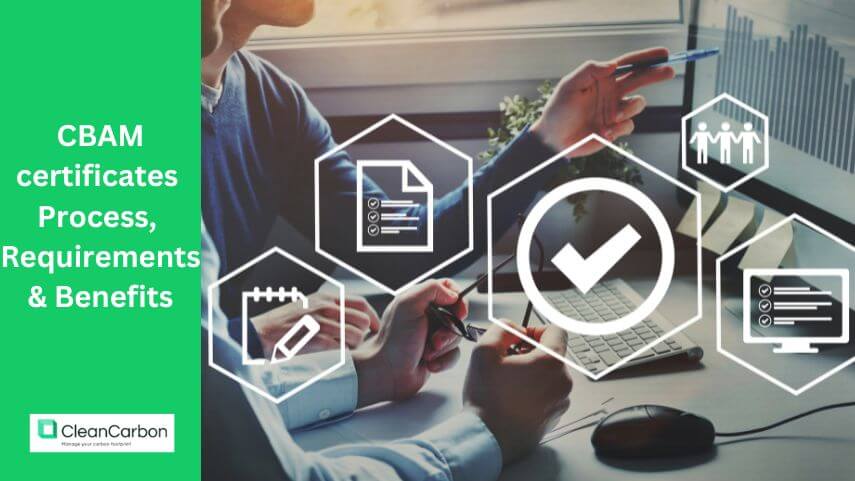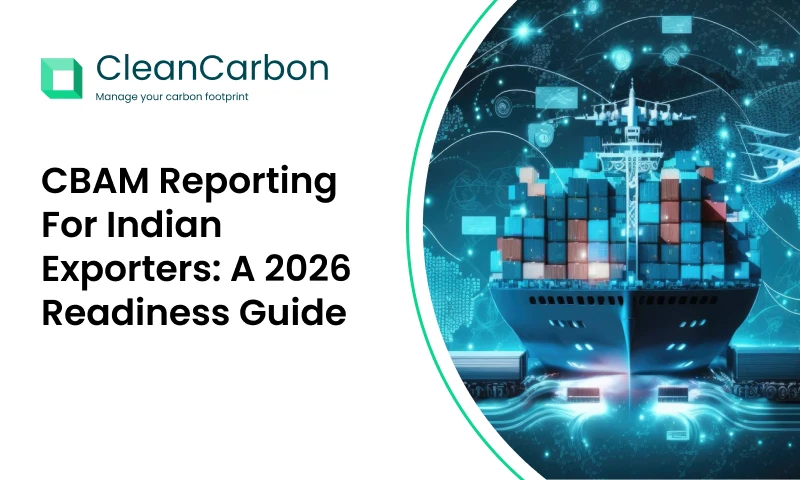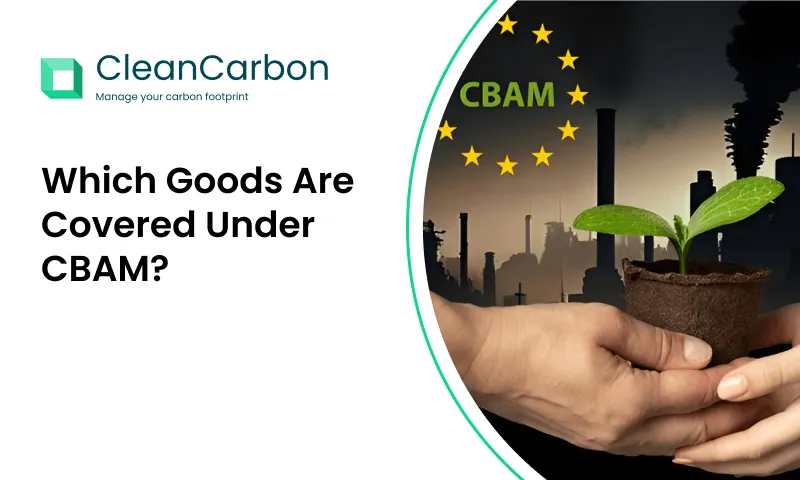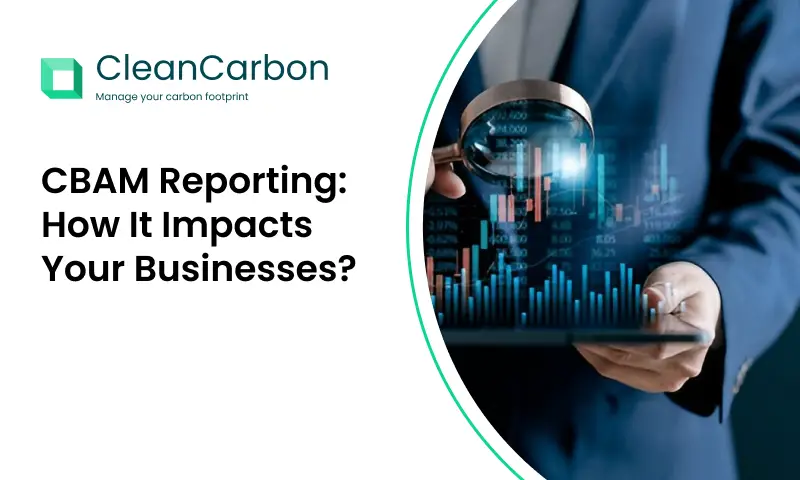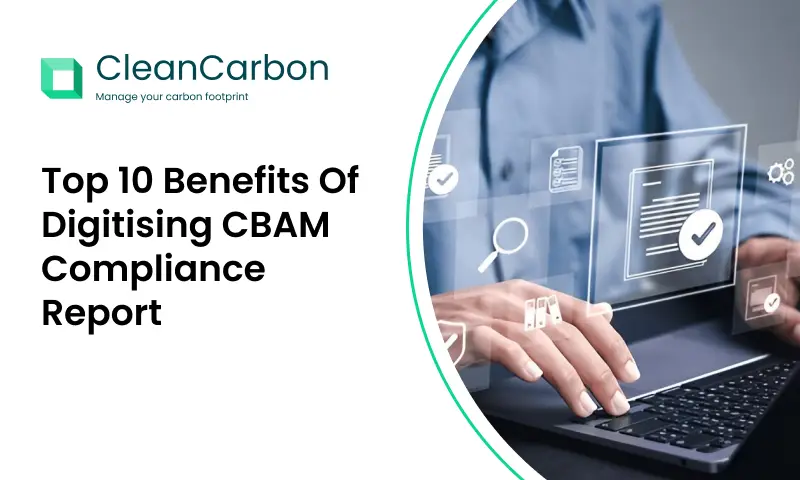This mechanism aims to level the playing field between European and non-European companies by imposing a carbon cost on the latter. Industries that export carbon-intensive goods to the EU are required to comply with CBAM, including obtaining CBAM specifications. For businesses seeking to engage in trade within the EU while remaining compliant with its regulations, comprehension of the certificate acquisition procedure is fundamental.
What You Need to Know About CBAM Certificates
CBAM certificates are proof that importers have paid for the carbon content of their goods. This will ensure that imports of goods pay the same carbon price as EU-based industry. The aim is to ensure a level playing field and nudge businesses beyond the EU to do more green production.
The certificate system operates by mandating that importers buy and surrender certificates commensurate with the embedded emissions in their products. These certificates are priced according to the EU Emissions Trading System (ETS). A violation of CBAM may lead to penalties, supply chain impact, and additional compliance costs.
CBAM Certificates: How to Get Started?
The process to obtain CBAM certificates is guided by key steps to ensure regulatory compliance by entities.
To register as an authorized importer
Companies intending to import goods covered by CBAM to the EU must register as an authorized CBAM declarant with the responsible national authority in advance. The registration process includes providing basic company data, details of your business activities, and compliance documentation. This step is important because it creates an official record of the importer’s intent to participate in the CBAM framework.
Emissions of Embedded Carbon
To specify how many certificates are necessary, it is needed to determine the carbon emissions embedded in imported products. 112023 — Companies need to carry out a thorough assessment of their manufacturing processes, energy sources and emissions levels. In other words, if specific data are not available, so-called defaults can be taken from the EU.
Word on the street: Carbon accounting tools, third-party verification services and industry benchmarks can help simplify this. Visibility in emission calculations avoids strange differences, which streamline investigations.
Purchase CBAM Certificates
After identifying embedded emissions, enterprises must buy CBAM certificates via an EU-designated platform. The price of these certificates varies with the EU ETS carbon price. Importers can optimize procurement strategy and compliance cost through prices monitoring.
If you have exactly the number of certificates in advance, there is no risk of procuring last minute and getting penalized. In addition to that, firms can seek risk management solutions like carbon hedging strategies to protect companies financially from uncertainties of volatile carbon prices.
Submit Periodic CBAM Reports
In compliance with CBAM regulations, importers are required to provide periodic declarations specifying the goods imported, the corresponding carbon emissions, and the quantity of relocated certificates. Companies generally have to file these reports quarterly or annually, depending on regulations.
Meeting the requirements for accurate reporting is a must to abide by CBAM regulations and avoids potential legal, financial risk. Businesses should establish strong data management infrastructures to document emissions and offtake, track certificates and prepare relevant reports for submission.
Surrender CBAM Certificates
At the conclusion of each reporting period, the number of CBAM certificates that importers are obligated to surrender must correspond to their reported emissions. Submitting the wrong amount can incur steep penalties and limited access to EU markets.
This latest move shows commitment to abide by the terms set by the regulator. It means that companies should have a compliance calendar to follow deadlines or else they will not want to delay anything as it will disrupt the entire supply chain of the company.
Doing More with Less (Optimizing Compliance and Reducing Costs)
The changing landscape creates a need for firms to explore enhancements to their existing supply chain and customer relationship management capabilities to meet CBAM reporting requirements in the most financially efficient way. You have to fix problems in companies, both first by improving energy efficiency and investing in cleaner production technologies and low-carbon materials.
Businesses can seek proactive consultation with sustainability managers and lawyers to draft custom-tailored compliance plans. Digital solutions, including carbon tracking software, can reduce administrative costs and improve reporting accuracy while simplifying data collection.
As for the implications of CBAM, supply chain optimization will be effective in minimizing associated costs as well. Working with suppliers who employ sustainable practices and have lower carbon footprints will reduce overall emissions and certificate costs.
The Future of CBAM Compliance
Since sustainability regulations are constantly evolving around the world, organizations should remain up to date on any updates or future amendments to the CBAM. New industries could be added to CBAM’s scope, further underlining the importance of advanced compliance preparation.
Business entities, proactively pursuing carbon reduction strategies in their operations, will enjoy an edge in trade between nations. Connecting your business objectives with international climate agreements will help you comply but also strengthen your brand and market position.
Final Thoughts
Obtaining a CBAM certification can be challenging, as you need to report actual emissions and comply with rules in advance. Having knowledge about the registration requirements, understanding how to assess embedded emissions, where to purchase certificates and implementing efficient compliance strategies, businesses can avoid disruptions when operating in the EU market. Sustainability standards are tightening, and only those businesses with innovative green ideas and low-carbon solutions in their toolbox will survive and thrive in this fast-evolving regulatory environment.

